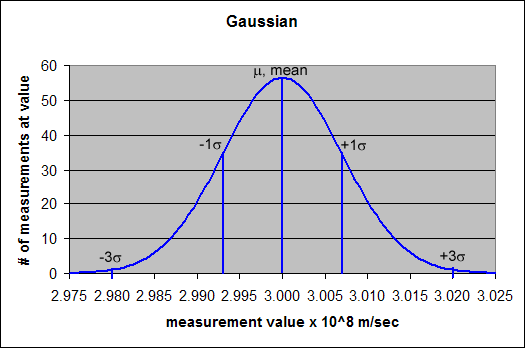
There is no line. We ARE on a forum that has a lot of...... people who feel very strongly against mainstream due to their bad experiences. Think of it this way, we enjoyed mainstream, right? But do we feel AS strongly (in a good way) about it as people who had a horrible time in mainstream? When I first joined AD, I learned that I should just keep my mouth shut about "how great of a time I had in mainstream" unless it was constructive to the argument. Talking about my good experiences are not worth reminding those who had a terrible experience, and it is definitely not efficient nor convincing for AD.
I mean honestly, when someone says "I did great in mainstream!" is as constructive as someone simply saying "Mainstream sucks.". I'd much prefer WHY it is awesome or WHY it sucks.
Plus, I am willing to bet that most people here will not believe you when you say that you were happy in mainstream. To them, you were "simply brainwashed". So there is no point in convincing people.
Do you feel THAT strong enough to defend mainstream to convince parents that mainstream is definitely the way? For everyone?
Some deaf people here definitely feel strong enough to defend ASL to convince parents that ASL is definitely the way to go for everyone. Can you meet their match? If not, then you're simply starting an useless fire whenever you simply say "Mainstream rocks!".
Naisho, I see what you mean about the sociological aspect of "norms" or "normal"...but it could also be a "loaded" word in mass communication. In order to have "normal" one then ends up having an "opposite" and everything is compared to the "normal" as being "standard" "healthy" "what is" etc.

 Might want to spend some time perusing the forum and seeing what actual deaf individuals have to say about the mainstreaming experience. Happy and normal are not 2 words you will find used.
Might want to spend some time perusing the forum and seeing what actual deaf individuals have to say about the mainstreaming experience. Happy and normal are not 2 words you will find used. I can't change the dictionary for AD.
I can't change the dictionary for AD.
